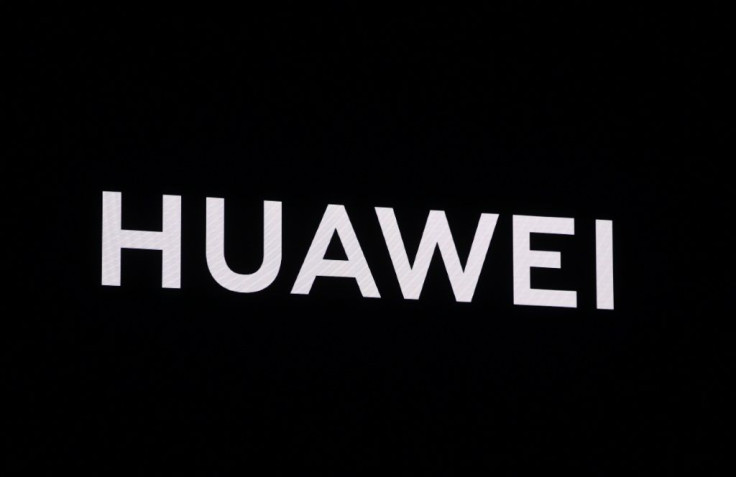Huawei News: Hungary Will Let Chinese Telecommunications Giant Help With Its 5G Rollout, Defying Trump

Hungarian Foreign Minister Peter Szijjarto said Tuesday at an event in China that it would let Chinese telecommunications company Huawei help with the country's 5G rollout, in defiance of pressure from the United States. The U.S. has pushed for allies like Hungary to shut out Huawei due to spying concerns.
Hungary has said that there is no evidence that Huawei's involvement would pose a security threat to the country.
Other companies involved in Hungary's 5G plans include Vodafone and Deutsche Telekom.
U.S. Secretary of State Mike Pompeo said in a February meeting with Szijjarto that the U.S. knows "about the risks that Huawei's presence in their networks present – actual risks to their people, to the loss of privacy protections for their own people, to the risk that China will use this in a way that is not in the best interest of Hungary."
Hungary has grown closer to China in recent years, as it was the first country to participate in China's belt and road initiative. In July, the two countries vowed to strengthen bilateral cooperation.
The U.S. has grown worried that Huawei uses its technology to relay sensitive national security to the Chinese government.
The U.S. has pressured other countries against letting China onto their 5G networks such as the U.K, which has postponed its decision on whether to allow the telecom giant into its network.
Other countries have defied the Trump administration. Germany has said that it would allow Huawei into its 5G networks, while Norway says it is not considering a ban on the company.
In May, the Trump administration implemented a blacklist on Huawei in the U.S., barring American companies from doing business with the firm.
Commerce Secretary Wilbur Ross has said that the federal government would provide licenses to U.S. companies "very shortly" to sell components to Huawei.
© Copyright IBTimes 2025. All rights reserved.





















